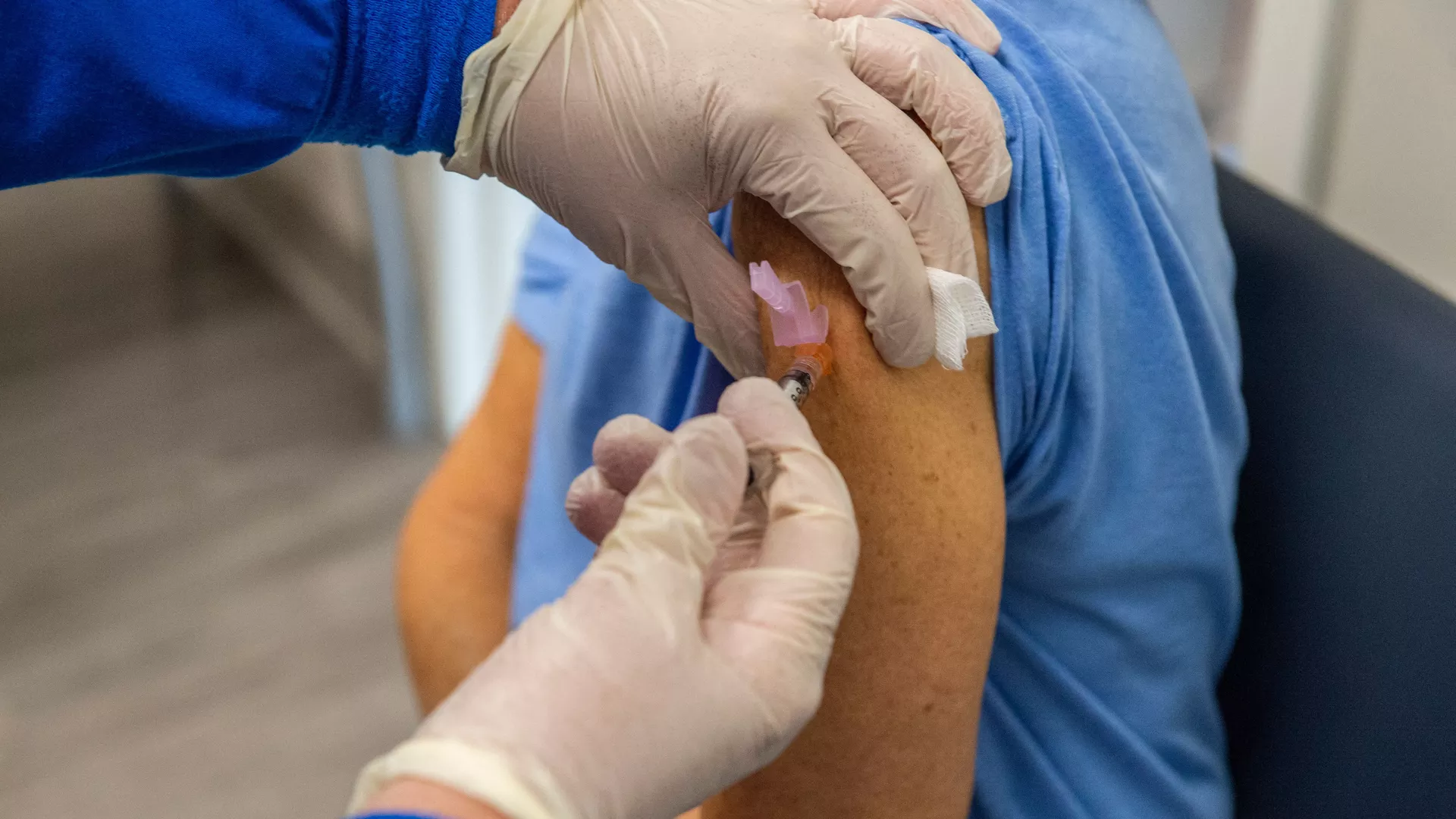6735
0
WHO accuses vaccine manufacturers of market manipulation
WHO accuses vaccine manufacturers of market manipulation. The WHO sees profit maximization as the main driving force behind it.

Yazar: Tom Roberts
Yayınlanma: 4 Ekim 2021 09:38
Güncellenme: 23 Şubat 2026 12:17
WHO accuses vaccine manufacturers of market manipulation
The lack of pace with corona vaccinations in poorer countries is due to a lack of vaccine, and according to a senior representative of the World Health Organization (WHO) this is due to market manipulation. Bruce Aylward, WHO Secretary General's Advisor on Vaccination, called for manufacturing companies to be more transparent about their production and supplies. The WHO target of having vaccinated ten percent of people in all countries by the end of September has not been achieved. A few dozen countries, especially in Africa, are significantly lower. Aylward takes care of the Covax vaccination initiative, with which the WHO originally planned a fair distribution of vaccines worldwide. The rich countries were on board, but when vaccines were finally available, they made separate deals with the manufacturers. Covax has signed contracts for the delivery of hundreds of million vaccine doses, but is waiting for delivery. The program has received a total of US $ 9.8 billion (around EUR 8.5 billion) for the purchase of vaccination doses. "Someone is manipulating the market," said Aylward. "The biggest buyer is sitting on the money, has signed contracts and receives no deliveries - something strange happens in the market." Aylward sees profit maximization as the motive. The manufacturing companies argued against it, they delivered after receiving the orders. Governments in rich countries would have signed their treaties earlier than Covax. Aylward did not want to accept that: Governments that were well supplied could ensure that further orders were not sent to them, but to Covax. Perhaps richer countries would be happy to get deliveries and then donate vaccination doses in order to have more control over the distribution. They often wanted to deliver to certain countries with donated cans. To achieve the ten percent target, only 200 million vaccine doses were necessary, said Aylward. Measured against the 1.5 billion Corona vaccine doses that are manufactured according to the IFPMA World Pharmaceutical Association, that's a piece of cake. It is difficult to understand why Covax is not being supplied quickly in view of such production quantities. Aylward drew a comparison with a lifeboat: "I would rather not be in the same boat with the rich countries, they would tear the life jackets under their own accord. I would rather be in the boat with the poorer countries that are used to sharing it." Now the focus must be on the next goal: a vaccination coverage of at least 40 percent in all countries by the end of the year. In order to achieve this, almost two billion doses of vaccine are needed for the poorer countries. The WHO is counting on a planned G20 meeting in Italy in October. Governments would have to put pressure on companies to disclose manufacturing and deliveries, Aylward said.İLGİLİ HABERLER





European stocks soared and focus shifted to German retail sales after Powell's speech!

Forex Signal For TRY/USD: Inflation Slowdown in November.

Forex Signal For GBP/USD: Bullish Trend Still Not Breaking While Recovery Continues.

Forex Signal For EUR/USD: Starry US Data Points to Higher Fed Increases.

Forex Signal For BTC/USD: Downside Continues as Bitcoin Recovery Moves Less.
En Popüler Haberler
Yorum Yap
Yorumlar
Henüz yorum yapan yok! İlk yorumu siz yapın...